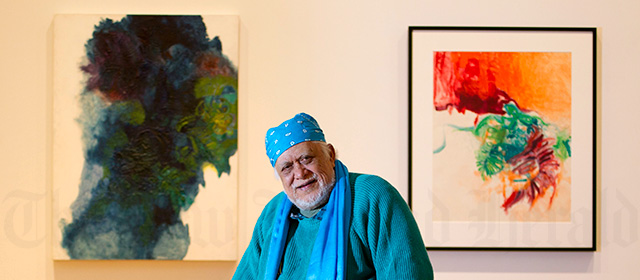Story summary
Government support
The New Zealand government supports the creative arts by helping to fund them. It also makes laws that support and encourage the arts, as well as running museums, galleries and archives that preserve important artworks.
Local governments support the arts regionally. They provide venues and help community projects get off the ground.
The government in New Zealand supports artistic projects without trying to influence their end result. This protects freedom of expression.
Organised support
New Zealand’s 1940 centennial celebrations spurred the government to support the arts more consistently than before. During the 1940s:
- The government set up its first ‘cultural office’ – as part of the Department of Internal Affairs.
- The New Zealand Film Unit, which helped many film-makers learn their craft, was established.
- New Zealand’s national orchestra was set up.
- New literary competitions were held, and a literary fund was established.
In 1963 the Government set up the Queen Elizabeth II Arts Council, which later became Creative New Zealand. Since the late 1980s the Lottery Grants Board has also been a major source of arts funding.
Changing motivations
In the early 1960s arts were valued for their aesthetic and spiritual qualities. It was seen as important to build professionalism in the arts, and make the arts available to a discerning public.
A decade later the emphasis had shifted. The government aimed to promote wider participation in the arts, and to support popular as well as ‘high’ arts.
A growing concern with Treaty of Waitangi commitments led to a new structure for the Arts Council in 1993. Separate general and Māori arts boards were created.
In the 1990s and 2000s arts were seen as having an important role in shaping and reflecting New Zealand’s identity in the world. They contributed to an economically useful New Zealand ‘brand’.
Private support
Corporate sponsorship has been actively sought by arts organisations and events, and New Zealand has also had its share of wealthy individual arts patrons.
Foundations and trusts are a further form of private support for the arts. Particularly important is the Arts Foundation of New Zealand, established in 1998 by several major arts patrons.





